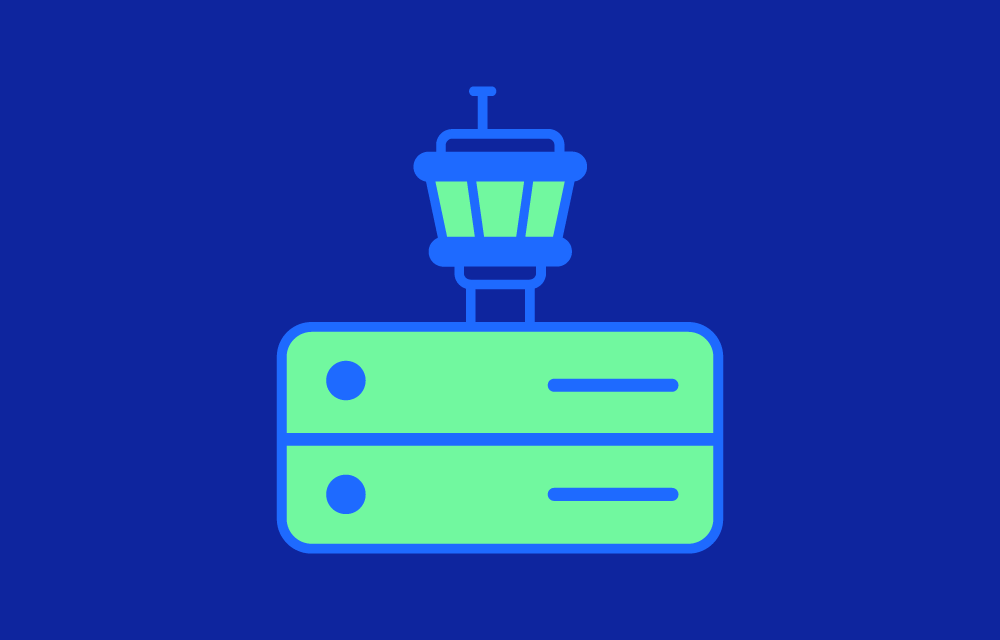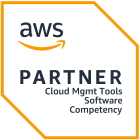The control plane consists of a set of core components that run on the master node(s) of the cluster, ensuring that containerized applications operate as intended.
Key Components:
- API Server (
kube-apiserver):- Acts as the entry point for all administrative tasks in the cluster.
- Exposes the Kubernetes API, which users and other components interact with.
- Validates and processes requests, then forwards them to the appropriate components.
- Etcd:
- A distributed key-value store that serves as the cluster’s database.
- Stores all cluster configuration data, resource states, and metadata.
- Provides high availability through replication.
- Scheduler (
kube-scheduler):- Assigns pods to nodes based on resource availability and constraints.
- Factors in requirements like CPU, memory, affinity rules, and taints/tolerations.
- Controller Manager (
kube-controller-manager):- Runs various controllers that regulate cluster state, such as:
- Node Controller: Monitors node health and status.
- Replication Controller: Ensures the desired number of pod replicas are running.
- Endpoints Controller: Updates endpoint objects for services.
- Runs various controllers that regulate cluster state, such as:
- Cloud Controller Manager (optional):
- Integrates Kubernetes with underlying cloud infrastructure.
- Manages resources like load balancers, storage volumes, and node provisioning.
How it Works:
- State Management:
The desired state of the cluster (e.g., number of replicas for an application) is stored inetcd. The control plane works to reconcile the actual state with the desired state. - Resource Scheduling:
The scheduler places pods on the most suitable nodes based on resource requirements and policies. - Monitoring and Health:
Controllers ensure that all cluster components and workloads remain operational. If issues arise, they attempt to restore the desired state automatically. - User Interaction:
Users interact with the control plane via the API server, using tools likekubectlor the Kubernetes Dashboard to deploy or manage applications.
Control Plane vs. Worker Nodes:
| Aspect | Control Plane | Worker Nodes |
|---|---|---|
| Role | Manages and orchestrates the cluster. | Runs application workloads (pods). |
| Components | API Server, Etcd, Scheduler, Controllers. | Kubelet, Container Runtime, Kube Proxy. |
| Responsibility | Ensures the cluster operates as intended. | Executes workloads assigned by the control plane. |
| Location | Runs on dedicated master nodes. | Runs on all non-master nodes. |
Why is the Control Plane Important?
- Centralized Management: Provides a single source of truth for the cluster state.
- Automation: Ensures applications are deployed, scaled, and updated automatically according to defined configurations.
- Resilience: Monitors the health of resources and self-heals the cluster by restarting or rescheduling workloads as needed.
- Scalability: Enables dynamic resource allocation and efficient scheduling for workloads.
Further Reading and Resources:
- Kubernetes Documentation – Control Plane:
- Understanding Kubernetes Architecture:
- Etcd Documentation:
The control plane is the brain of Kubernetes, ensuring your cluster remains stable, scalable, and operational, even in complex and dynamic environments.



